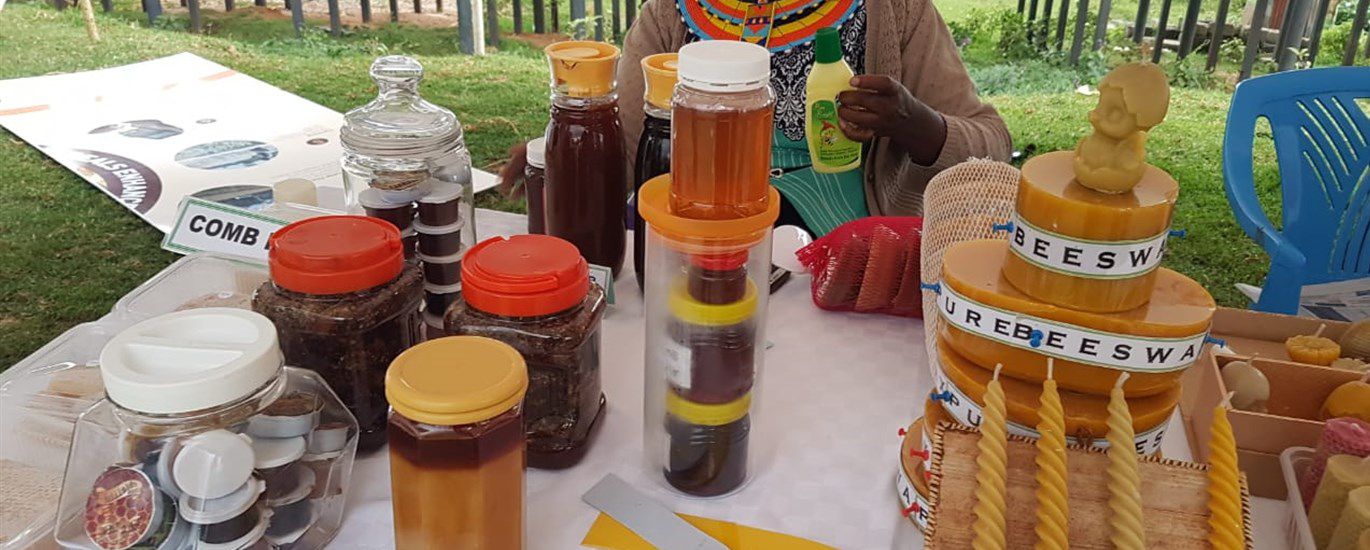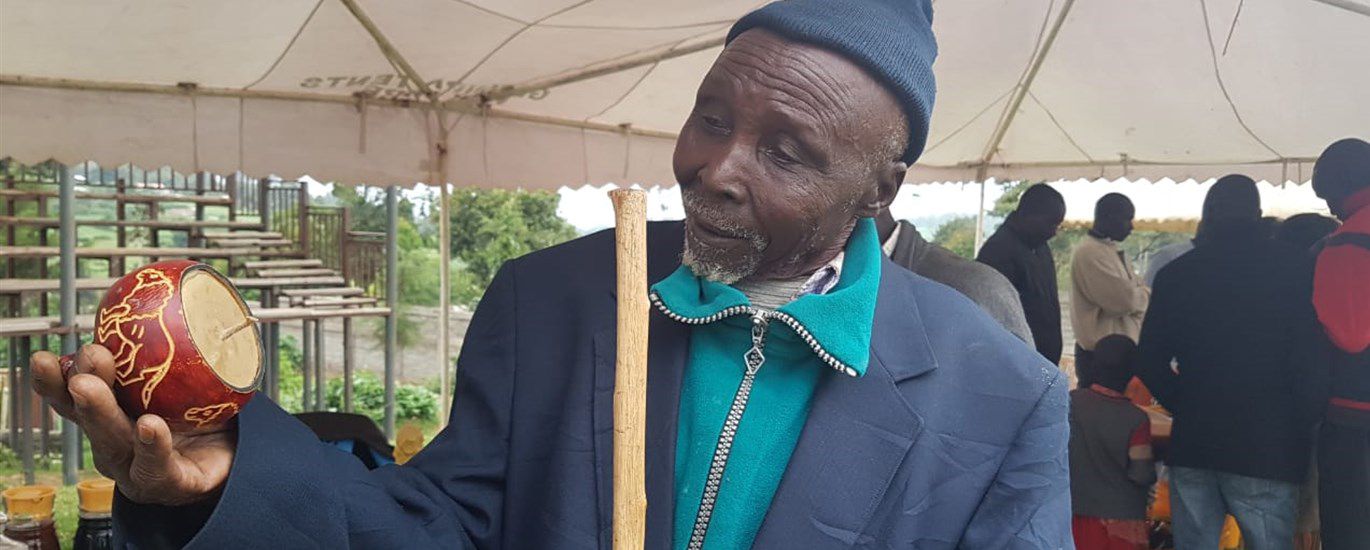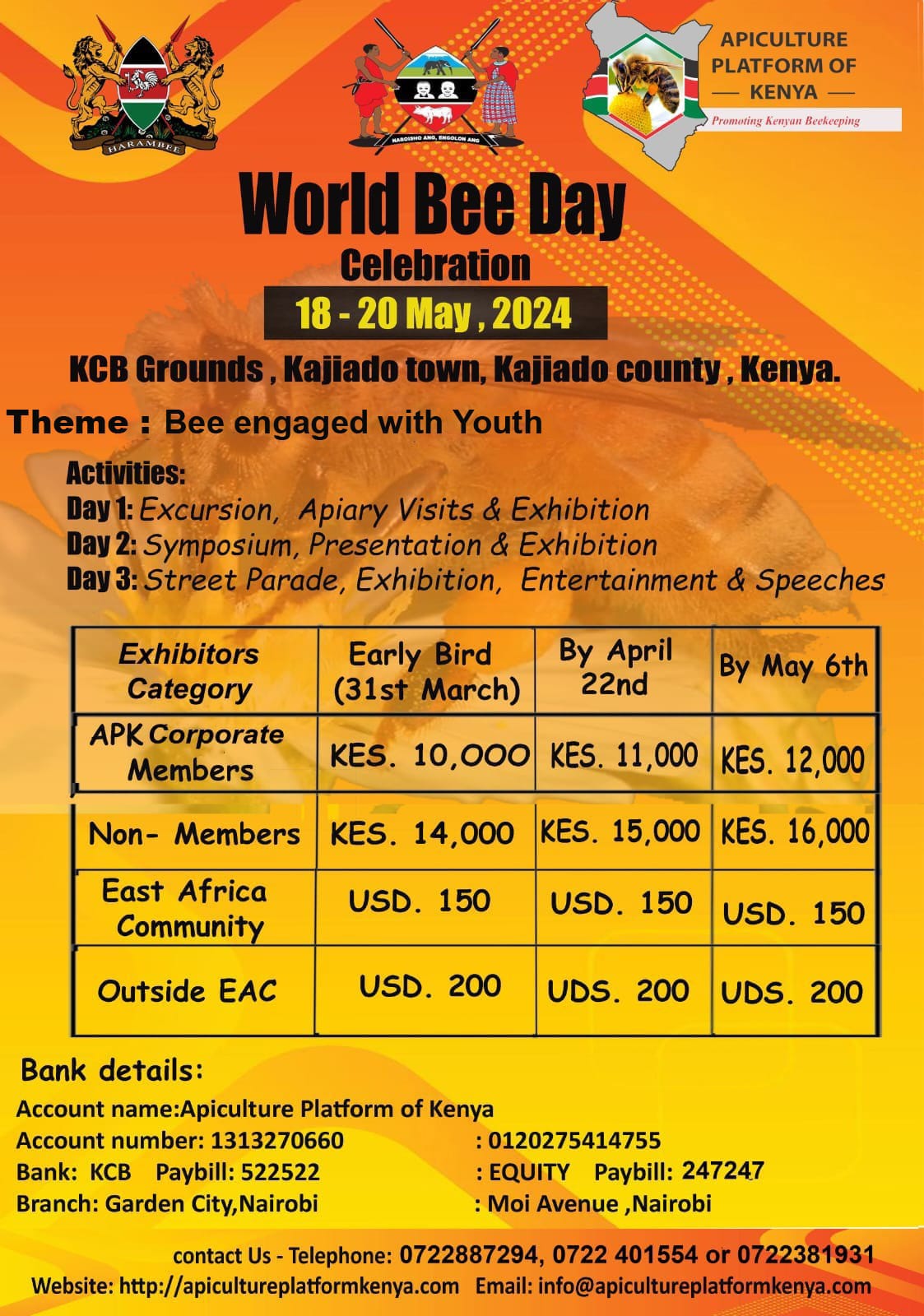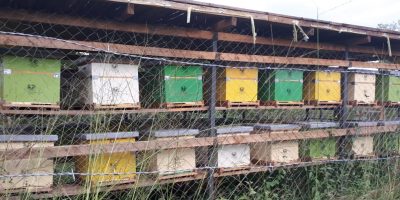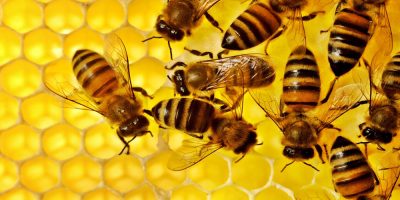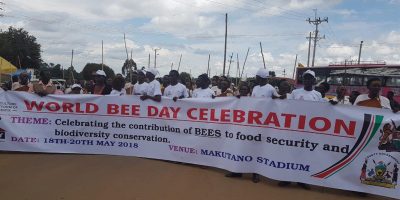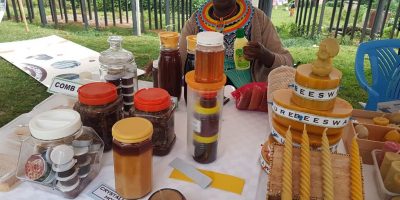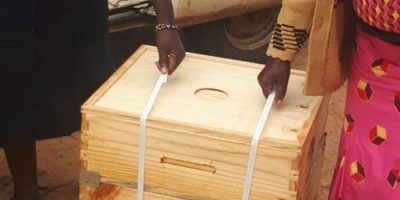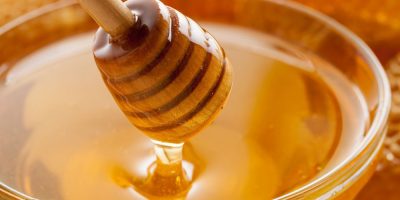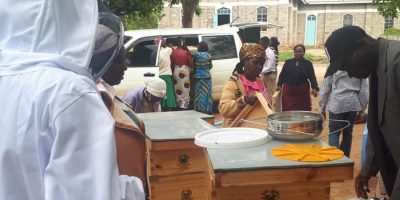Membership
Membership is open who wishes to further the interests of the bees and the Platform. The platform is open to global bee stakeholders including students beekeepers, honey packers and traders, researchers, bee equipment manufacturers, and corporate bodies.
Membership Fees/ subscriptions
- Individual membership: kshs 3,000 non-refundable registration fee and kshs 1,000 annual subscription
- Institutional membership: kshs 12,000 non-refundable registration fee and kshs 2,000 annual subscription
- Corporate Member Ksh 25,000 non-refundable registration fee and Ksh 5,000 annual subscription
JOIN APICULTURE PLATFORM OF KENYA


